
Brain is one of the most important organs in human body. This organ is a center of the nervous system and extremely complex. It contains about 15-33 million neurons, and each of them is linked with up to 10,000 synaptic connections. Using these neurons, the brain communicates with the rest of the organs and systems of the body, activating or stopping every possible function. This mechanism is so complex that modern scientists do not know exactly how it works. Actually, much about the nature of a brain remains mystery even in the 21st century. Let us take a closer look at how brain develops in a child.
Brain development in early childhood
Brain is an organ that actually matures with age. People are born with an unfinished and underdeveloped brain, which is primarily shaped by our early experiences. It is no secret that environment, parents and caregivers play the most important role in child’s brain development. In other words, the way a child experiences the world around them, helps to “wire” the brain and make the foundation for later functioning in life. A child’s brain has about 100 billion neurons that are waiting to become networked. At the age of three, the brain has about one thousand trillion connections between the neurons. Some of these connections are permanent, while the others may change as the child grows and matures. The outside world, experienced through all sensory organs, shapes the brain’s patterns. Only those functions of the brain that are really used during the childhood are establishing correctly. Similarly, experiences from relationships and communication with other people helps to shape emotional and social parts of the brain.
How to encourage proper brain development?
As already stated, the experiences are actually what shape the child’s brain. Therefore it is important to make every child’s activity meaningful and significant, and communicate with a child both verbally and emotionally.
Parents should be warm and loving towards their children and stimulate formation of brain cells that are important for emotional responses.
Parents should talk, read and sing to their child to help develop the parts of the brain responsible for speech and language.
It is also important to establish pleasurable daily routines to provide the children with a sense of security.
The most important thing is, however, to encourage a child to play and explore the world around him. Even the small children should be encouraged to safe exploration by parents who should be receptive when the child feels the need to return to them.


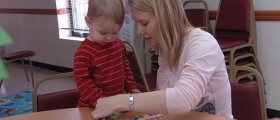

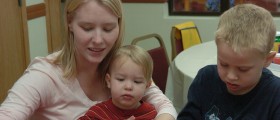
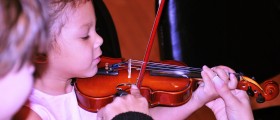




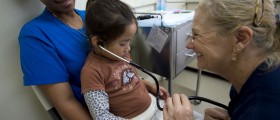




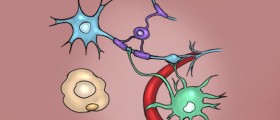

Your thoughts on this
Loading...